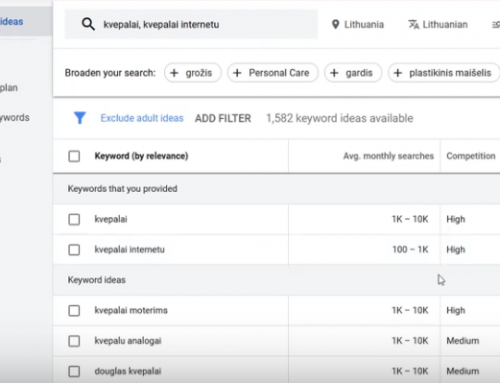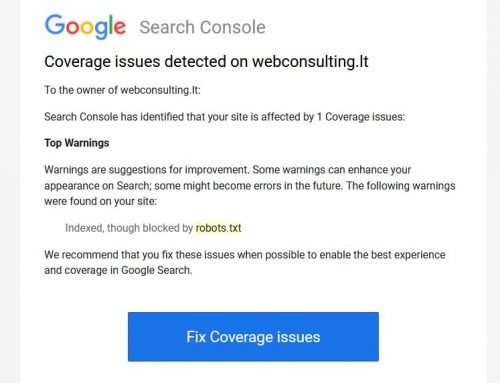Kovo 16 d. įvyko pirmoji nelietuviška laida. Studijoje kalbinau svečią iš Danijos lokalizavimo agentūros „MakesYouLocal” Max Riis Christensen. Su juo kalbėjome apie elektroninių verslų lokalizavimą užsienio rinkose. Aptarėme, kas turėtų būti lokalizuota ir kokiu būdu.
Besidomintys lokalizacija galbūt susidomės ir lietuviška laida apie tinklalapių pritaikymą užsienio rinkoms, vertimus. Tada apie tai kalbėjau su vertimo biuro „Diskusija” vadove Asta Rusakevičiene.
Visų seminarų įrašus rasite čia.
Klausimai, kuriuos uždaviau svečiui:
- – What do companies should think about when they plan cross-border ecommerce?
- – Should they have local domain name or .EU is fine?
- – Should all product descriptions be translated?
- – Should you answer a customer care calls in local language?
- – Is it necessary to provide a local phone number?
- – Should you have a local point for returned goods?
- – How to orchestrate logistics?
- – What ecommerces should know about local fees and taxes in different countries?
- – What companies should know about payment systems in different countries? Have people different habits to pay for items (in some regions the population might prefer various alternative payment methods, e-wallets, debit cards, mobile payments or even cash on delivery)
- – What types of ecommerces are the easiest to localize?
- – What countries are most difficult for localization? Estonia with two languages and 1.5M population?
- – Should ecommerces know about shipping habits and return requirement in different countries?
- – Should we always show prices in local currencies?
- – Should we register a company in some markets?
- – What type of partners companies should have for marketing localization?
- – How to find digital marketing channels in particular countries, what are present just in those countries?
- – What legal aspects companies should check in advance?
- – Should ecommerces adopt their T&C in some way in some specific markets?
- – Should companies additionally protect their brand in every new country they enter? May be they should check this in advance? What they should check?
- – When should companies start thinking about local warehouses?
- – What purchasing habits it is important to know about every new market?
- – Anything else we should know?



